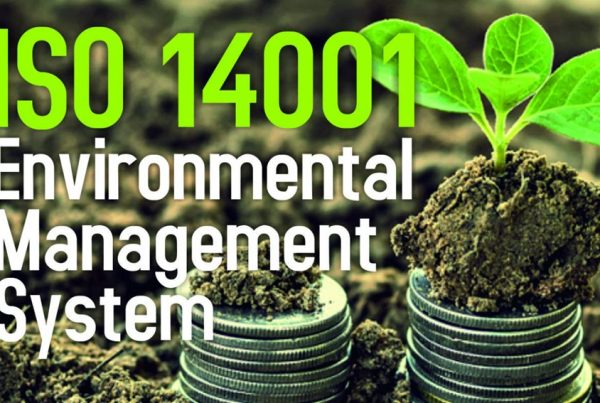The implementation of ISO standards is crucial to every business as it comes with many benefits. ISO stands for International Organisation for Standardisation and have many international recognized standards. The most common one is the ISO 9001 standard for quality management systems. However there a many other such as Environmental (ISO 14001), Information Security (ISO 27001) and Occupational Health & Safety (ISO 45001) just to name a few.
Organisations can become certified to the ISO standards to demonstrate they have a given management systems in place. For ISO 9001 it is the ability to systematically provide products and services that meet customer and business requirements. Once an organisation decides to become certified to ISO 9001, it commits to provides support for its employees and clients satisfaction. One of the benefits of ISO standards is, that they all focus on continual improvement within your organisation.
Business Benefits of ISO Standards
Some of the main advantages of ISO standards are given below.
Customer Satisfaction
Costumers often have increased confidence when dealing with an ISO certified company as it is an international recognized an universally accepted standard. IS0 certification ensures potency, consistency and dedicated quality service by the organisation, thereby guaranteeing the satisfaction of the customers. In simple words, it’s a great way to achieve customer satisfaction.
Increased Efficiency
The businesses have done intensive researches on the processes they’re following, in order to maximize efficiency before going through the ISO certification process. Once they attain the ISO certification, this means that the processes are established. There are instructions which might be easily followed by anyone, making it easy to provide coaching, transitions and even for decision making. One of the benefits of ISO standards are the organisations using them experience enhanced efficiency and productivity compared to the uncertified ones.
Employee Morale
Another of the benefits of ISO standards is an enhancement in employees morale. if the employees are happier and driven once there are defined roles, accountability of management and established training procedures. ISO certification also ensures a well-defined picture of how the roles of the staff have an effect on the quality and overall success of the organisation.
International Recognition
The international Organisation for Standardization (ISO) is recognized worldwide as the authority on quality management systems amongst others. The standards take a factual approach to decision making and sets out clear directions relating to audits and process reviews. This helps in data collection and making decisions based on factual information.
Documentation
There is a clause on document control across the various standards. Covering review and approval of documentation as well as how to control is. This could include version control on e.g. drawings to ensure a product is produced to specification. However also ensure the correct traffic management plan is used at a construction site. This is one of the great benefits of ISO standards, as the majority of issues are due to lack of information, or wrong and outdated information being used.
Supplier Relationships
ISO certification has been found useful relating to supplier relationships. The documentation and testing procedures facilitate to confirm the standard of the raw materials used for production purpose. This additionally helps in properly evaluating a new supplier before starting to use them.
Top Management and Processes
The ISO 9001 standard emphasizes on audit processes, management review and improved processes based on the collected information. After you commit to implementing the ISO 9001 standard into your organisation; it requires an increased involvement of top management in improving the QMS.
This starts with the setting of the standard in terms of a quality policy and quality objectives. It continues with management reviews to assess information from the QMS and ensure quality objectives are met, new goals are set and continual improvement is achieved.
Management is supplied with information on a continuing basis and able to see progress or lack thereof towards goals and take the required action. The organized, scheduled method of conducting management reviews ensures that this evaluation takes place. It provides the mechanism of reviewing goals and performance against goals on a scheduled basis.
If you are looking to implement or improve your ISO management system, feel free to contact us for a free consultation.





